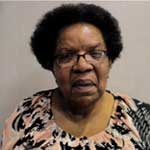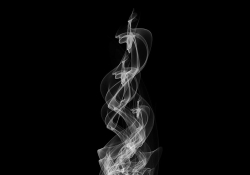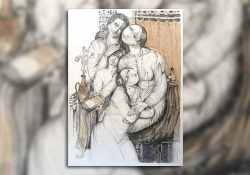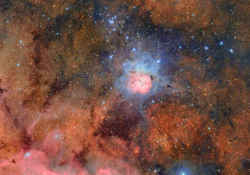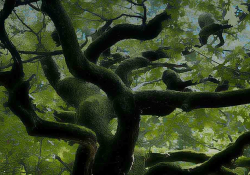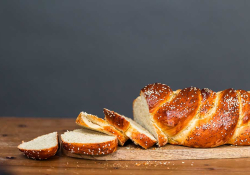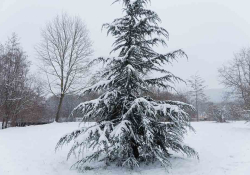Two African American Poems
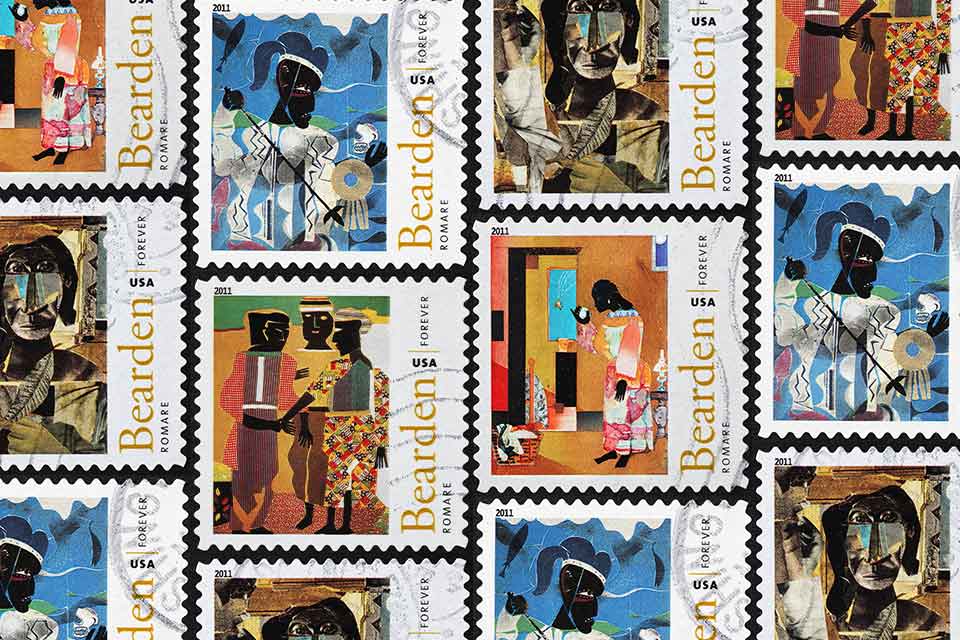
Collage
after Romare Bearden
Gather out of star-dust:
memories of tender Harlem evenings where portraits filled
my young mind with jazz. And we stayed awake late nights,
in our rented rooms on West 131st Street, laughing and talking
the talk. Du Bois, Hughes, Ellington. The gatherings
where I heard their stories, the abstract truth, scientific in grandeur,
yet ever so real, down to earth, stories of Time and then,
the soothsayers, the truthsayers, singing their jogo blues.
Silence willfully broken. Scrapbooks of faded brown photographs,
clippings from Ebony and Jet. Folks dancing the original Charleston,
the fine old step, the swing and the sway.
Gather out of moon-dust:
There were crises and opportunity. Black new voices, new forms.
Voices of folk singing out loud, or softly with mellow.
Lessons on how to become a “real poet,” while Claude McKay
joined the Russian Communist Party. Fire from flint.
Letters were penned from Countee Cullen to Langston Hughes.
Shadows reigned over the evening skies of Harlem.
Gather out of sky-dust:
a time for the “new negro.”
For Pullman porters to unionize
and for Josephine Baker, chanteuse extraordinaire, to float
on her wings of gossamer silk and satin.
Blues warbled from ebony flutes,
while poor folk sold their fine clothes to ghetto pawn shops.
Was Christ Black?
Do angels really play trombones for God
in a black/brown heaven?
Gather out of song-dust:
Do we owe it all to Spingarn, Knopf, or Van Vechten?
Or was originality and improvisation our sacred creed?
As I gazed from the window at the skies
of my fading youth, all I could see was fire.
I wanted to hear the Blackbirds Orchestra wild on a Saturday night.
To hear “Go Down Moses” sung in church on a Sunday morn.
Wanted a style of my own.
To become Emperor Jones.
Daddy Grace.
At the Library: Montreal, Quebec, circa 1950
for my father
Portrait of a Black man as scholar among ancient volumes:
Abandoned his native country and headed for Canada,
followed his North Star to the destination of his mind’s bright freedom.
His desire to write of the slaying of monsters:
“Then Beowulf spied, hanging on the wall,
a mighty sword, hammered true by giants, strong and blessed
with a powerful magic, the finest of all weapons.
But so massive no ordinary man could heft
its carved and decorated length. He drew the sword
from its scabbard, broke the chain at the hilt.
Then savage with anger and desperate
lifted the sword high over his head
and struck Grendel dead with all the strength he had left . . .”
And the Black man wandered that library’s dusty corridors
in a sacred building nestled on Montreal’s steepest hills
gathering the endurance of mind to conquer his task:
to render the poem, so early it was sung only to kings,
a ballad, written by no one knows, yet passed on, in tradition,
glorifying the fierce and brave deeds of a warrior.
And the Black man himself became a warrior,
wielding the sword of language, fighting the good fight,
who basked in the light of a certain fame,
never worried about the consequences of his bravery,
save his own honor, of greater value than any poem.
The Black man rendered dreams a world without monsters.

